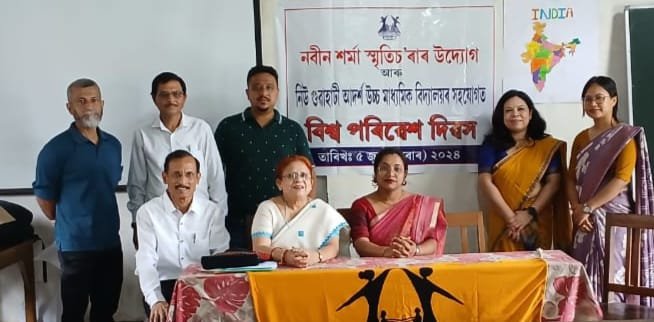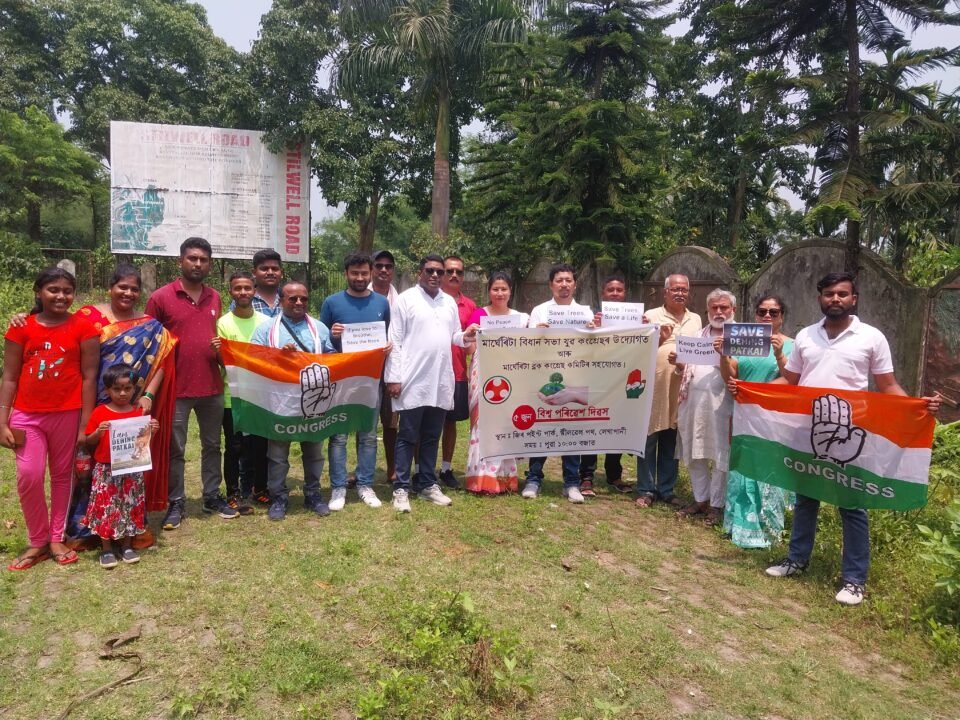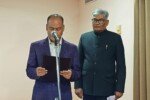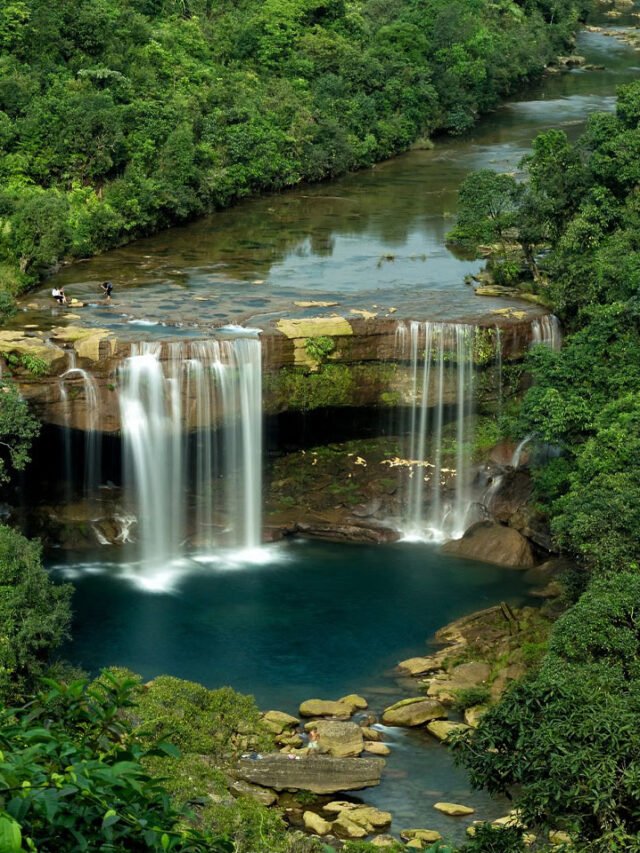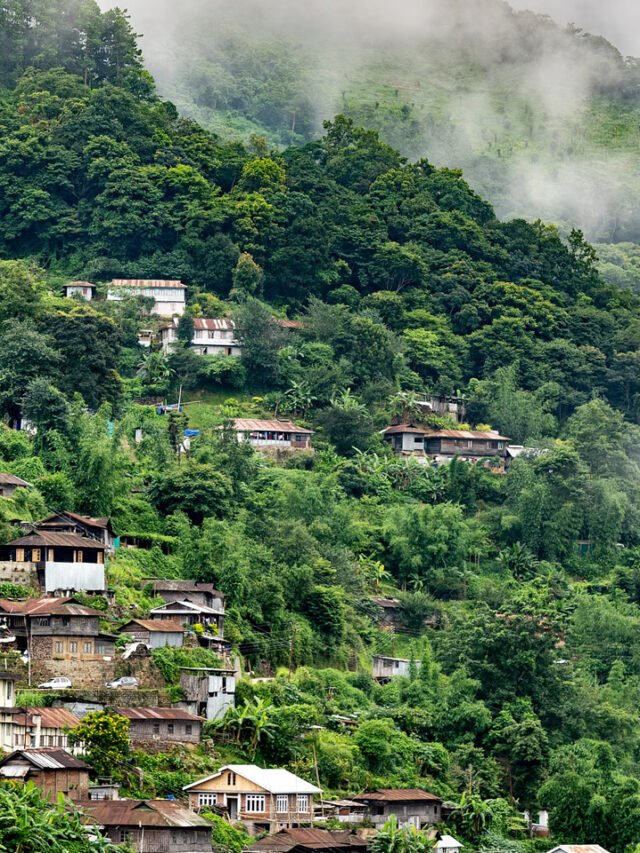HT Correspondent
KOKRAJHAR, July 8: Ranjit Basumatary, executive member (EM) of Land and Revenue, Forest and Environment, government of Bodoland Territorial Region (BTR), disclosed the steps taken by the BTR government regarding reforms in land and revenue for the benefit of the region’s people. Historically, there has been a lack of initiatives and clear policies on land reform, leading to misunderstandings among communities regarding land purchase, inheritance, mutation, settlement, and transfer processes. The BTC, created under the 6th Schedule of the Indian Constitution, includes tribal belts and blocks where land possession carries legal obligations.
Addressing reporters at a press conference on Sunday in Kokrajhar, executive member Ranjit Basumatary stated that an Executive Council meeting on July 4 discussed various land-related issues and implemented several reformative measures to resolve longstanding issues. He highlighted that many past conflicts stemmed from land disputes, emphasising the need for structured procedures under the BTC’s constitutional framework. The council government has identified the root causes of these conflicts and aims to clarify community misunderstandings by simplifying document and certificate acquisition processes. Previously, there were no significant land reform initiatives or policies addressing decades-old issues, but the current government has launched ‘Mission Bwiswmuthi’, introducing several reform measures.
Basumatary highlighted that historically, there have been no standardised premium rates for land purchase, mutation, registration, and transfer, causing people to pay 75 percent of the total land valuation for registration. “People have faced significant costs for land registration, but under the present government, rural land premiums have been relaxed for Scheduled Tribes (ST), Scheduled Castes (SC), persons with disabilities, and widows, with registration fees set at just Rs 1000,” he explained. Basumatary added that urban land valuation is officially set at Rs 24 lakhs per bigha, with general caste individuals required to pay 15 percent of the total land valuation for registration, while SC, ST, disabled, and widows need to pay 13.5 percent for the same. This step aims to facilitate easier land conversion and registration for indigenous people.
He emphasised that ‘Mission Bwiswmuthi- 1.0’ marks a revolutionary step by the BTR government towards digitising land records across all revenue villages in the region. This initiative simplifies processes such as mutation by right of inheritance, post-deed registration mutation, partition, reclassification of agricultural land to non-agricultural land under 1 bigha, issuance of allotment certificates to periodic patta (AC to PP), area corrections, removal of names from patta, name corrections, mobile number updates, certified copies of jamabandi and chitha, and land holding certificates. These services are currently available exclusively within the Bodoland Territorial Region.
The executive member (EM) stated that for land zarip, the council had already conducted drone surveys in 50 non-cadastral villages, with land patta (titles) set to be issued to them. He also noted that previous governments had never conducted such surveys. Regarding the inclusion of villages from Sonitpur and Biswanath districts into BTR, he mentioned that out of the 60 villages slated for inclusion, 41 have already been incorporated. Additionally, he announced that the FRC Committee would convene to address land-related issues in these districts. Basumatary further reported that 1,00600 families have received land settlement certificates in BTC.
Regarding administrative matters, Basumatary disclosed that 84 employees of the BTC Secretariat, who have been serving since the inception of the Bodoland Autonomous Council (BAC) in 1993, will receive a one-time grant as pension benefits upon retirement. This decision was ratified during the Executive Council meeting, with the grant sourced from the council’s revenue fund.



